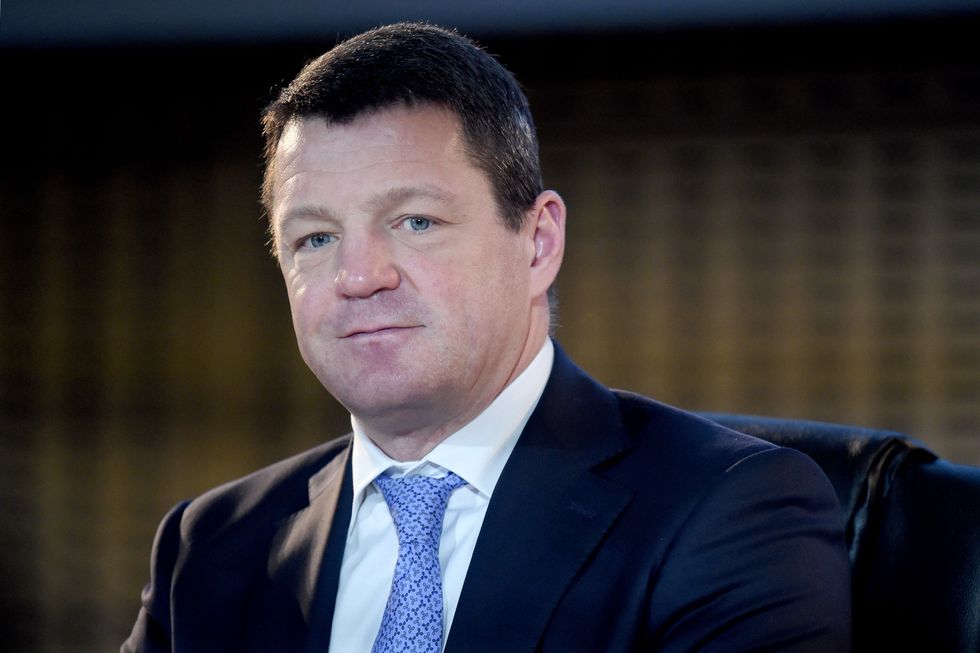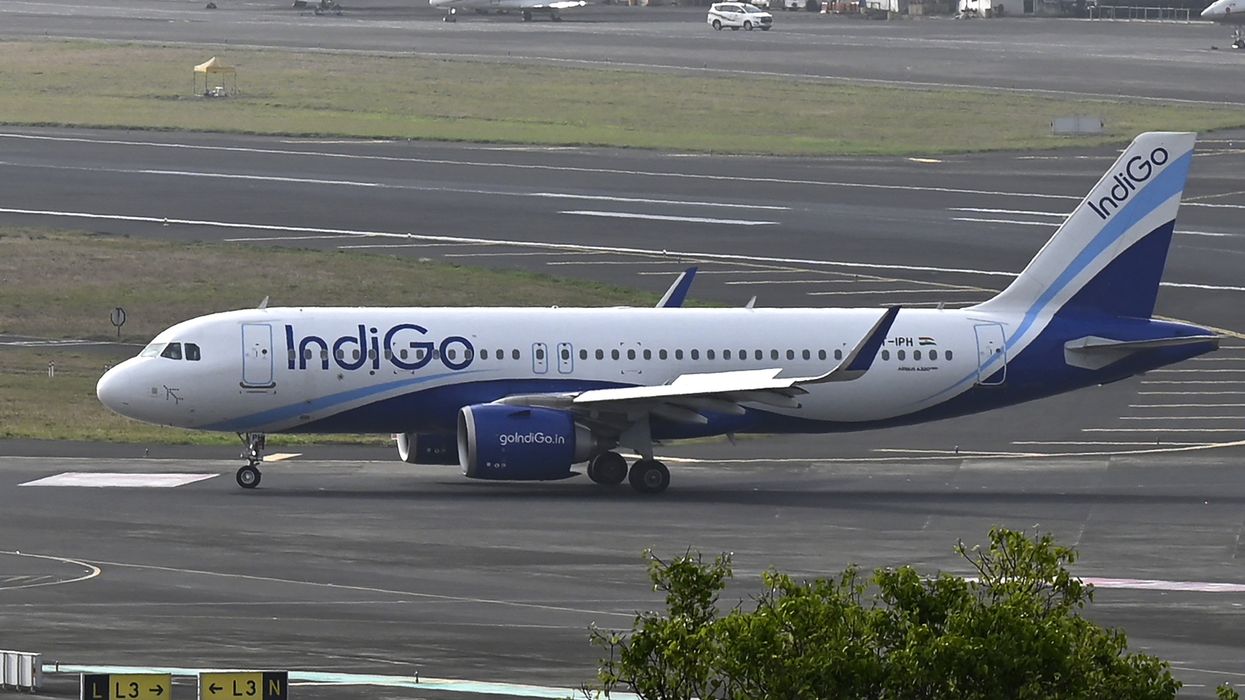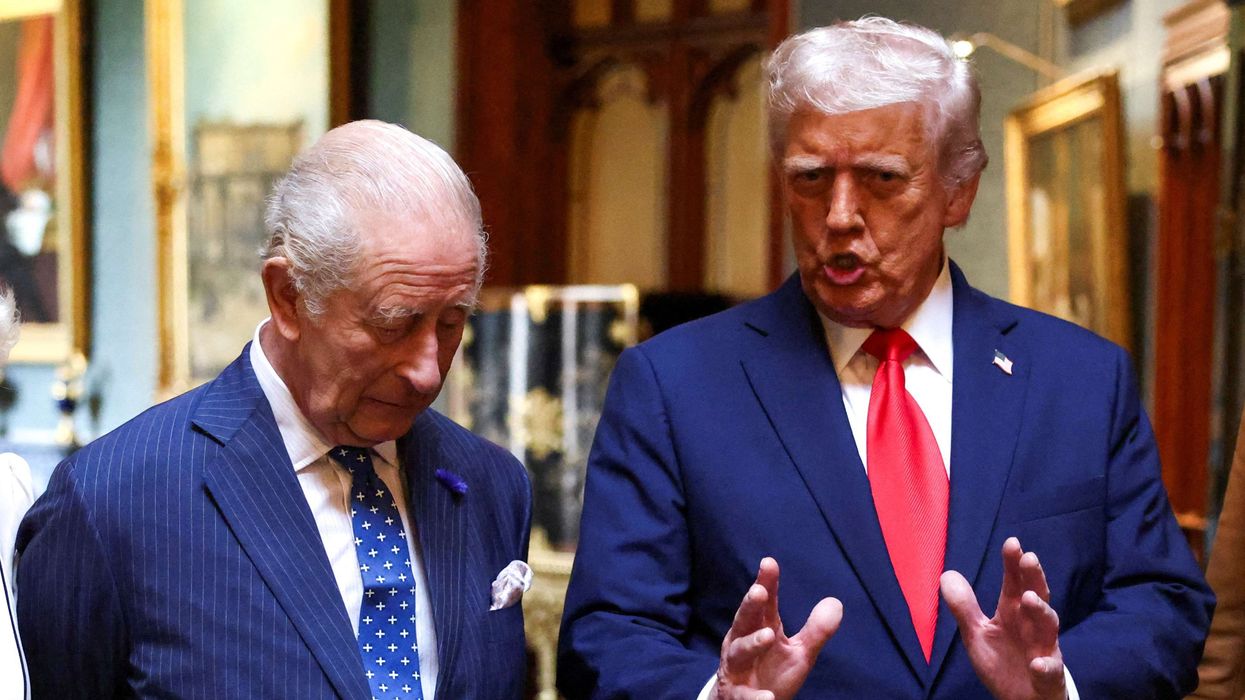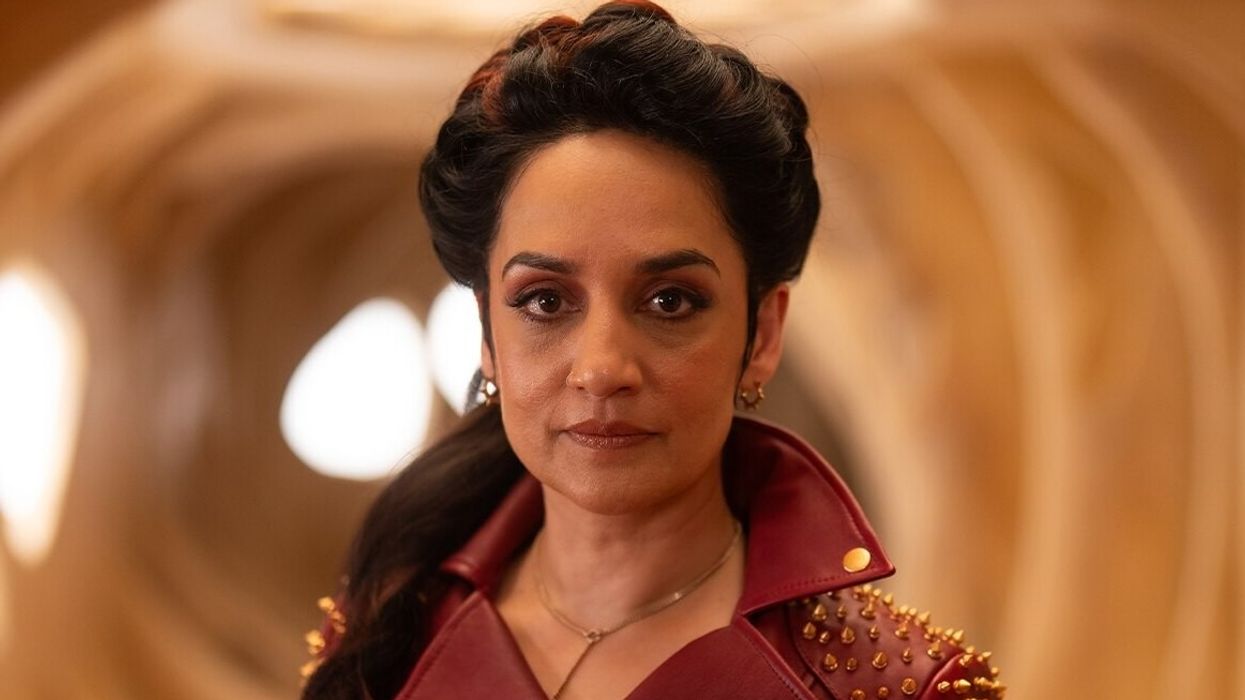THE Indian airline IndiGo is hoping to add international routes to its domestic services.
Its chief executive, Pieter Elbers, has given an optimistic interview to the Financial Times (FT), but passengers in the UK should be cautious about using IndiGo. It loses baggage, I have discovered, and the behaviour of its ‘customer relations’ department leaves something to be desired.
What happened is important because more and more British Indians will be using domestic airlines when they travel to India for holidays, weddings, business or family gatherings.
I will come to the lost baggage in a minute, but, first, here’s an account of the interview Elbers has given to the FT.
“India’s biggest airline is leaving behind its budget image as it expands overseas and adds business-class seating, building on its dominant position at home in the world’s fastestgrowing commercial aviation market,” the newspaper reported.
“IndiGo will bolster the number of international destinations it serves to about 40 by the end of March, up from 26 two years ago, after adding direct connections to cities such as Jakarta and Nairobi, while recently offering premium ‘stretch’ cabins on popular shuttle routes between major Indian cities, including Mumbai and Delhi.
“The move blends its cost-conscious, India-centric focus with newer, fuller-service offerings, according to chief executive Pieter Elbers – setting itself up for fierce competition with global long-haul carriers and departing from its budget roots.
“We have left that station long ago,” Elbers told the FT. “I think some of us are calling us a hybrid. I’m fine with whatever name you put on it.”
The paper said: “Elbers, a former KLM chief executive brought in to lead IndiGo in 2022, has been charged with taking the airline ‘across new frontiers’, as more Indians holiday abroad, lured by easing visa requirements in neighbouring regions, such as southeast and central Asia.
“Elbers said he was confident India’s aviation boom would be well served, pointing to new airports coming in and around its busiest metropolitan areas, including Mumbai and New Delhi.”
IndiGo does not expect a massive leap in the nearly 90 Indian destinations on its roster.
“Coverage in India, when it comes to airports, is already very, very strong,” according to Elbers. “I think what’s important, actually, is to have bigger airports, better airports and more capacity.”
To that I would add better care of baggage and better ‘customer relations’. Its press office is conspicuous by its absence.
My niece was looking forward to having a friend stay with her in Kolkata over Christmas. Her friend was travelling with her grandfather when her baggage went missing on December 10 on Indigo’s Flight 6E 6682 from Hyderabad to Goa. She had to do without any clothes. Apparently other passengers also lost their baggage on that same flight.
Her Black American Tourister suitcase contained “12 handloom sarees from West Bengal, Kerala, Gujarat, Andhra Pradesh and Tamil Nadu worth `40,000 [£364]. On the other side of the suitcase were Okhai dresses worth `10,000 [£91], Maheshwari dresses worth `5,000 [£45], regular wear kurta, salwar dupatta sets worth `15,000 [£136]. Inner wear `5,000.”
That adds up to `75,000 [£680].
Spotting a vulnerable young woman, IndiGo fobbed her off with `5,000. She has been told her suitcase has been “lost” and given the brush off.
I am aware all airlines lose baggage. But passengers in the UK who choose to travel with IndiGo should be aware of the risks.
It seems I am not the only one who is not wildly enthusiastic about Indigo’s practices.
There was a story from the Press Trust of India (PTI) in December: “Former Infosys CFO Mohandas Pai flays IndiGo Airlines for ‘poor’ passenger treatment, AC problem on flight.”

The report said: “Former Infosys CFO TV Mohandas Pai criticised IndiGo Airlines for its alleged poor treatment of passengers during a recent flight, claiming inadequate air conditioning. In a post on the social media platform X on December 29, Pai shared his experience aboard flight 6E 7407 in Bengaluru, saying, ‘IndiGo treats its passengers badly. Sitting in 6E 7407 without AC on hot tarmac in Bengaluru. No way to treat passengers. Only after protest, staff used a tarmac generator for AC. Please change your protocol.’”
However, a source from IndiGo Airlines told PTI that “the aircraft involved was an ATR, a Franco-Italian model, where the air conditioning system only operates while the aircraft is in flight”.
They explained that “on the ground, the AC doesn’t function because the aircraft’s engines are not running at full power, and the hydraulic pressure required to run the air conditioning packs is unavailable.
“Additionally, the cooling fans in the system rely on the aircraft’s propeller, which is not spinning while parked.”




